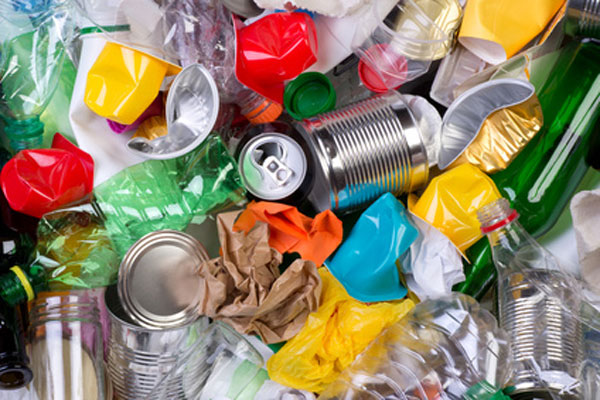There is strong community and multi-partisan support for a container deposit scheme. Threats from the beverage industry to run bully campaigns against political supporters will inflict more reputation damage to that industry than it will to any environmentally concerned politicians.
A small refundable fee of ten cents to the price of beverages sold in containers will deliver a highly effective form of waste management. The fee can be refunded when the container is presented for recycling at collection depots and vending machines.
Australians are among the biggest waste producers in the world and we are far from meeting our 2010 packaging recycling target of 65 per cent. Sydney sends about two million tonnes of waste to landfill every year. Our dumps could be full by as early as 2017.
More than 12 billion containers are consumed in Australia every year. New South Wales accounts for approximately 40 per cent of the beverage market, which equates to almost five billion containers each year.
Of that 12 billion, around six billion end up either in landfill or as litter. We only recycle 42 per cent of our beverage containers and the rest — about two billion containers — end up as litter in streets, parks and beaches or filling up landfill.
Beverage litter is not just an eyesore; it blocks drains, contaminates land and waterways and, shockingly, is responsible for the deaths of thousands of birds, marine mammals and turtles.
The Boomerang Alliance reports that for non-alcoholic beverages, 55 per cent of glass bottles, 39 per cent of PET plastic bottles and 54 per cent of aluminium cans are consumed away from home. Recycling bins in public places do not work because they get contaminated with non-recyclable rubbish and end up in landfill.
Based on a PricewaterhouseCoopers assessment for the Council of Australian Governments, if a scheme were introduced NSW councils would save $66 million a year from reduced litter and waste collection and improved efficiencies in the operation of recycling programs because of the need for less transport and sorting.

There would be less litter to clear in the public domain and container collection depots would create recycling hubs that would deal with problem waste such as electronics and chemicals. Councils would no longer have to deal with them.
The Boomerang Alliance estimates that the average waste collection cost per home will be around 20 per cent less if a container deposit scheme is introduced.
Container deposit schemes exist in some States in the United States of America and Canada and in Sweden, Germany, Norway, the Netherlands, Belgium, and Denmark, as well as South Australia, where beverage container recycling is more than 80 per cent and drink bottles and cans only make up 4 per cent of litter.
A deposit scheme in New South Wales is expected to double our can and bottle recycling rates to the same rate as South Australia.
I hope the government will go even further to improve recycling and decrease landfill by implementing a ban on single-use plastic bags. Around four billion light weight plastic bags are handed out every year in Australia and end up in landfill, as litter, and in our waterways where they kill an estimated 10,000 birds, whales, seals, and turtles every year.
Voluntary reduction programs have failed to meet targets to reduce use, increase in-store recycling or reduce litter.
Jurisdictions that have implanted container deposits levies and plastic bag bans have seen huge savings in clean-up costs incurred by local government and ratepayers.
You can save money and protect the environment at the same time, and the next NSW parliament has a mandate to do this for current and future generations.
Donate To New Matilda
New Matilda is a small, independent media outlet. We survive through reader contributions, and never losing a lawsuit. If you got something from this article, giving something back helps us to continue speaking truth to power. Every little bit counts.



